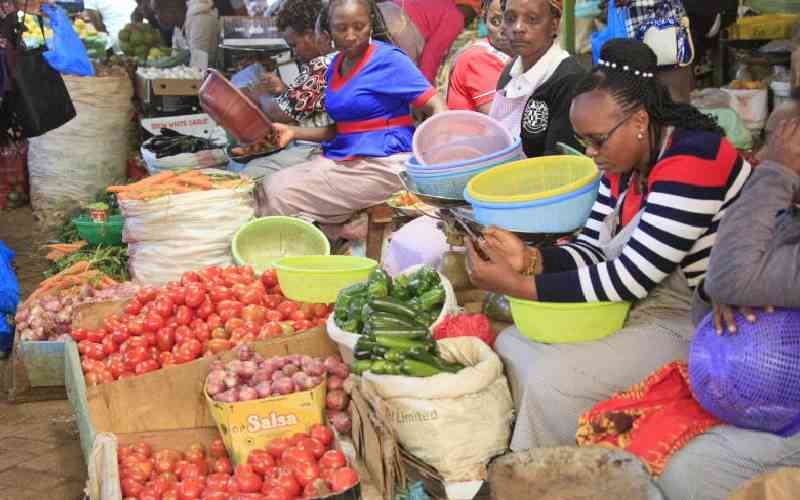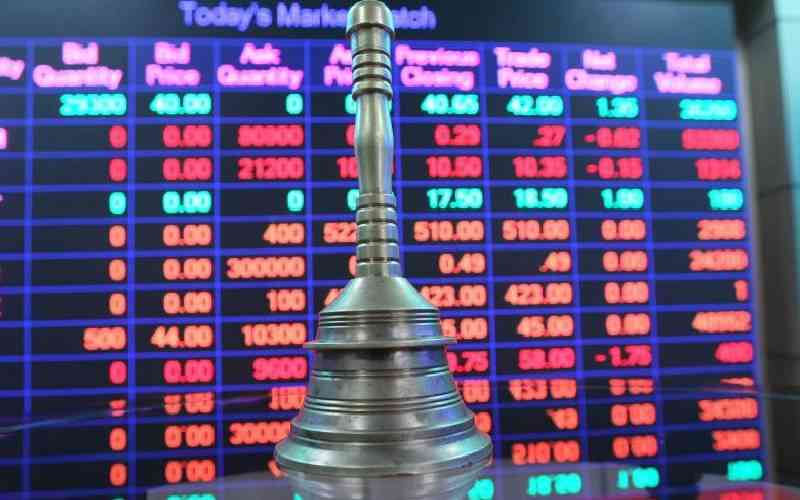
Kenyans are bracing for a fresh wave of economic hardship as a raft of new taxes, introduced under the Finance Act, 2024 by National Treasury Cabinet Secretary John Mbadi come into effect.
The legislation, signed into law by President William Ruto, imposes significant taxes on a wide range of goods and services, raising concerns about the impact on the cost of living and economic growth.
Among the most notable increases are excise duties on essential commodities such as sugar, with the tax per kilo more than doubling.
The “sin” tax on cigarettes and other tobacco products has also been significantly increased, while new taxes have been imposed on imported goods like electrical transformers, printing ink, and plastic products.
The Act also targets the entertainment industry, imposing a 15 per cent excise duty on fees charged on internet and social media advertisements for alcoholic beverages, betting, gaming, and lotteries.
This move is expected to significantly impact the entertainment sector and potentially lead to job losses.
It is, however, expected to shore up tax revenues for the cash-strapped Kenya Kwanza administration, which is battling a mounting public debt amidst missed revenue tax collections.
The Kenya Revenue Authority (KRA) Tuesday issued a circular notifying consumers, manufacturers, importers, and service providers of the new tax regime, which came into effect on December 27, 2024.
The circular outlines the specific goods and services subject to the new excise duties and provides details on tax rates and payment deadlines.
“The Kenya Revenue Authority notifies manufacturers and importers of the listed goods and suppliers of the listedservices, that the Tax Laws (Amendment) Act, 2024 has introduced excise duty on the goods and services with effect from 27th December 2024’” said KRA.
According to the schedule of the new taxes imported sugar, excluding sugar imported by a registered pharmaceutical manufacturer and raw sugar for processing by a licensed sugar refinery, will attract an excise duty rate of Sh7.50 per kilo compared to Sh5 per kilo previously.
Imported fully assembled electric transformers and parts will going forward attract a 25 per cent excise duty.
Fees charged for advertisement on the Internet and social media on alcoholic beverages, betting, gaming, lotteries and prize competitions will attract an excise duty of 15 per cent.
At the same time beer, cider, perry, mead, opaque beer and mixtures of fermented beverages with non-alcoholic beverages and spirituous beverages of alcoholic strength not exceeding six per cent will attract a new excise duty of Sh22.50 per centilitre of pure alcohol.
Others affected by the excise duty increase include imported printing ink of tariff 3215.11.00 and 3215.19.00 but excluding those originating from East African Community Partner States that meet the East African Community Rules of Origin.
The construction sector will also be hit hard as imported ceramic sinks, wash basins, wash basin pedestals, baths,bidets, water closet pans, flushing cisterns, urinals and similar sanitary fixtures will incur an excise duty of Sh50 per kilo.
The introduction of these new taxes comes at a time when the Kenyan economy is facing significant headwinds, including rising inflation and a challenging global economic environment.
Critics argue that the new taxes will further burden consumers and stifle economic growth.
“These additional taxes will inevitably lead to increased prices for essential goods and services, further eroding the purchasing power of Kenyans,” said independent economist Ian Nyoro.
“The government needs to carefully consider the impact of these measures on the livelihoods of ordinary Kenyans.”
The government, however, maintains that the new taxes are necessary to generate additional revenue to support critical public services and address the country’s growing debt burden.
Despite the concerns, KRA has urged businesses to comply with the new tax regulations and ensure timely payment of excise duties.
The tax authority has also guided the application process for excise licenses and other necessary permits.
 The Standard Group Plc is a multi-media organization with investments in media platforms spanning newspaper print
operations, television, radio broadcasting, digital and online services. The Standard Group is recognized as a
leading multi-media house in Kenya with a key influence in matters of national and international interest.
The Standard Group Plc is a multi-media organization with investments in media platforms spanning newspaper print
operations, television, radio broadcasting, digital and online services. The Standard Group is recognized as a
leading multi-media house in Kenya with a key influence in matters of national and international interest.











